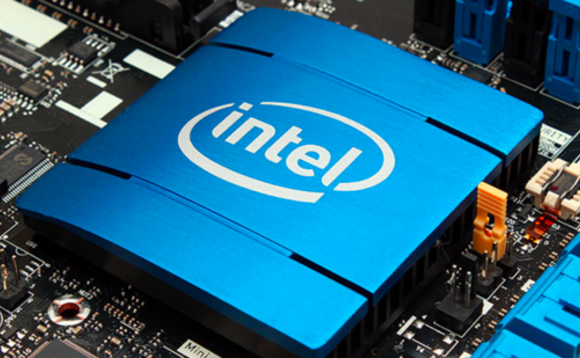Intel Unveils ‘Pay-to-Play’ Feature For Upcoming Xeon Chips

Fancy paying twice for data centre server chips? ‘Intel On Demand’ webpage signals major change to the way users pay for CPUs
Intel has signalled a major change to the purchasing of computer chips that is likely to have repercussions across the industry.
So far Intel has not made an official announcement about this, but a new webpage has appeared for its software-defined silicon. This webpage touts ‘Intel on Demand’, which seems to be a “pay-to-play” model for its fourth generation Xeon and Xeon Max processors for data centres (codenamed Sapphire Rapids).
This would mean a customer would pay to acquire an actual CPU with default performance, but would then have to pay more in order to unlock additional features and performance from the processor – effectively paying twice.
![]()
Pay-to-play
It should be noted that car maker Mercedes has recently done something similar, after it announced that it would unlock its $100,000 electric vehicle for full performance, but only if the user pays an extra $1,200 per year in order to access the max torque and acceleration the vehicle can handle.
Meanwhile ‘Intel on Demand’ will allow customers to unlock and access certain CPU accelerators and security features for an additional price.
“Align your infrastructure investment with your business demands with Intel’s API-enabled business offerings that deliver flexible consumption and configurations,” said Intel on the webpage.
Intel on Demand comes in two forms, namely Activation and a Consumption Model.
The Consumption Model is metered, which provides customers with flexible scaling so as to “optimise value”.
The Activation model however is a one-time pay-to-activate license model.
According to an official diagram, this involves a multi-step configuration process, where the customer makes an upgrade request to an infrastructure provider, which then shares the request with Intel to receive a license for the customer.
So what exactly can be unlocked?
- Security upgrade: Intel Software Guard Extensions.
- Communications & Storage Suite: Intel Quick Assist Technology; Intel Dynamic Load Balancer; Intel Data Streaming Accelerator (when applicable).
- Analytics Suite: Intel In-Memory Analytics Accelerator; and Intel Data Streaming Accelerator (when applicable).
Controversial move
If Intel persists with “Intel on Demand”, it will represent a a major shift in how users pay for computer chips.
This new approach essentially allow customers to pay additional money to enable certain features that are already hardwired into the upcoming Xeon server processors.
It remains to be seen whether corporate or individual buyers will be prepared to accept this new approach in the long term, as Intel is already facing stiff competition in the data centre server market from the likes of AMD.